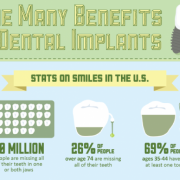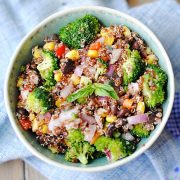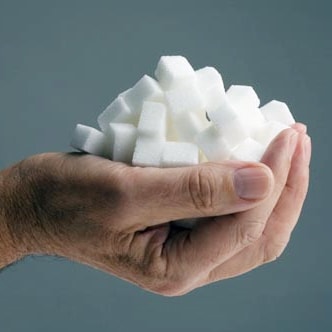 When our level of glucose/sugar drops, we usually have an uncontrollable urge to eat sugar.
When our level of glucose/sugar drops, we usually have an uncontrollable urge to eat sugar.
According to some studies, making sure our sugar level doesn’t drop is one way to stay slim and avoid those urges.
Eating vegetables, low fat dairy products like yogurt and cutting back on saturated fat help stabilize the sugar in our blood.
Moreover, we get most of our sugar from carbohydrates.
These can be divided into two categories; “good sugars” or “natural sugars”, like vegetables, fruits, brown rice and brown bread, and pasta or “bad sugars”, like cakes, junk snacks and white bread.
Choosing good sugars is important not only for your waist size, but it can keep you away from heart diseases and diabetes, which have been on the rise lately.
Good sugars, even if considered good, have to be consumed in moderation.
The daily portion of sugar should be around 10% of your total daily calories intake or about 100 calories for women and 150 calories for men (50 and 70 grams respectively).
Here are some good sources of sugars and tips to help you cut down your sugar intake.
Look At Food Labels for “Hidden” Sugar
Sugar can have different names and it’s often hidden in our food and in food labels through terms we don’t even understand. The closest to the beginning of the ingredient list the term appears, the more sugar the product contains.
Also, have a look at the “Carbohydrate” section on the label to verify the total amount per 100 grams.
The section is sometimes divided in sub sections like sugars and fibre.
If the amount of total carbohydrate is high and the amount of sugar is low, it’s still bad because a high amount of carbohydrate increases your blood sugar level.
See the picture below for an example.
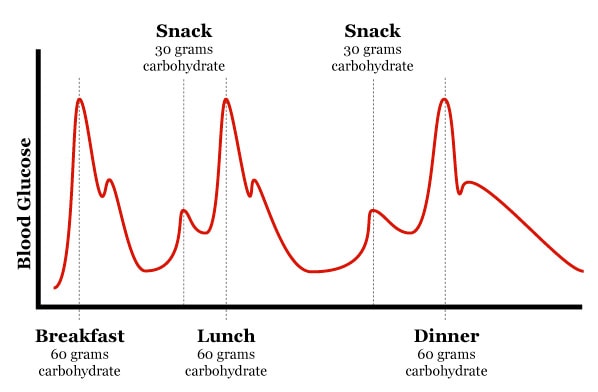
– More than 15g of sugar per 100g is considered high
Here are a few sugar synonyms you should be looking for on the ingredient list:
- Glucose
- Sucrose
- Maltose
- Fructose
- White sugar
- Brown sugar
- Invert sugar
- Corn syrup
- Honey
- Maple syrup
- Fruit juice concentrate
- Cane juice
- Molasses
Sugary Juices

Instead of sugary juices like soft drinks and concentrated juices, drink water and juices that are not sweetened.
If water is too flat for you, buy some flavored or sparkling water or add some mint or a slice of fresh fruit to it.
Tomato and vegetables juices are also an option as they have the lowest amount of sugar.
Plain Yogurt
Eating plain natural yogurt on a daily basis can help you lose a lot of weight and give you flat abs.
Having a low glycemic level of around 14 (twice less then reduced fat yogurt with fruit), plain yogurt helps to stabilize the level of sugar at a healthy level, reducing the chances of having sugar craving attacks!
Yogurt is also good for your bones, as it’s full of calcium.
Containing lots of active bacteria, it also benefits your digestion.
Plain yogurt is perfect for breakfast, as it has lots of proteins, giving you the morning energy boost you need, while making you feel full longer.
To add taste, you can throw in some fresh or frozen fruits or a little bit of honey or maple syrup!
Low Sugar Fruits
All fruits are generally good and have nutritional value.
However, if you’re going on a diet, it’s better to avoid high sugar fruits and go for low sugar ones.
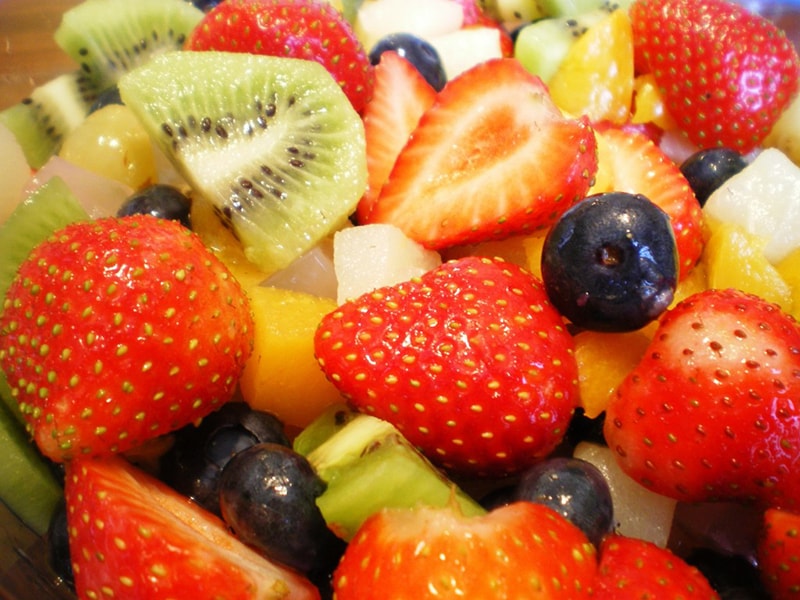
Fruits with a low to medium glycemic index (how fast and how high your body absorbs the sugar from a food, lower figure is better):
- Apples
- Avocado
- Blackberries
- Blueberries
- Cranberries
- Strawberries
- Pineapples
- Prunes
- Peaches
- Plum
- Papaya
- Rhubarb
- Kiwi
- Coconut milk
- Cantaloupe
- Lemon/Lime
Fruits with a high glycemic index:
- Bananas
- Cherries
- Figs
- Grapes
- Mangoes
- Oranges
- Watermelon
Low Sugar Vegetables
Vegetables, are also generally very healthy and most of them have a low glycemic index, which is good. However, there a few high sugar vegetables that you should eat in moderation or perhaps avoid if you’re on a diet.
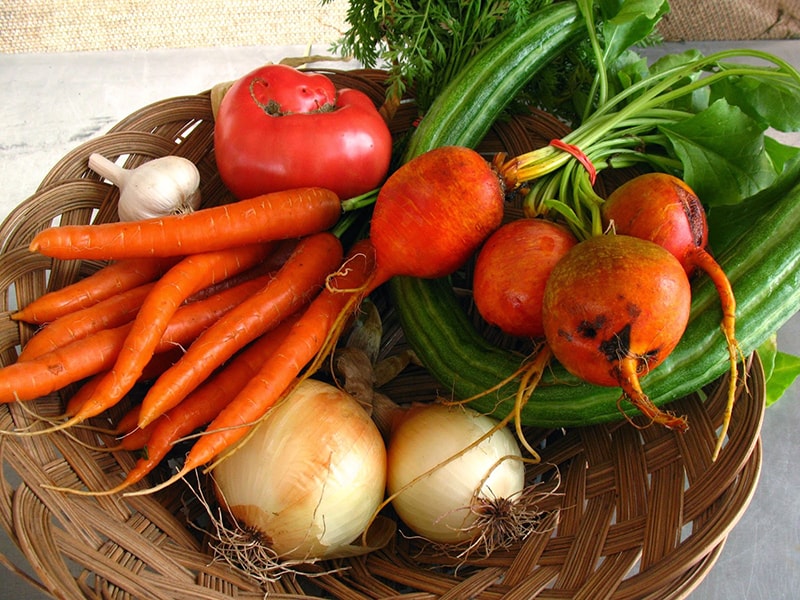
Vegetables with a high glycemic index:
- Beets
- Carrots
- Potatoes
Whole Wheat Bread/ Whole Grain Cereals
100% whole wheat bread is healthy because you get the whole grain, containing the bran and germ, which have a lot of nutrients. Those whole grains are absorbed more slowly by your body, meaning their glycemic level is lower. They also make you feel full for a longer time. Be careful to buy bread that is really 100% certified whole wheat, as labels are not always accurate of the product.
The same principal goes for your breakfast cereals. Choose whole grain cereals and avoid the ones that have extra sugar.
Honey
Honey is one of the tastiest and healthiest table sugar alternative that I know. This natural liquid is full of nutrients, vitamins, minerals and has a low glycemic index. Honey also strengthens the body against sicknesses, is a great source of energy and is often used as a cosmetic ingredient because of its skin benefits.
As in any food, honey being included, excess isn’t wise. Many honey stores tend to recommend that no more than 50 mL of honey should be consumed daily. I often mix honey with natural yogurt in the morning!
Maple Syrup
Similar to honey, maple syrup is another wonderful, healthy and 100% natural product that you can use in small amounts as a sweetener. Most people use it on their pancakes or waffles, but maple syrup can be used in many different ways in cooking. I’ve started to use maple syrup on a daily basis as a sweetener and for cooking and it’s just really tasty and healthy!


